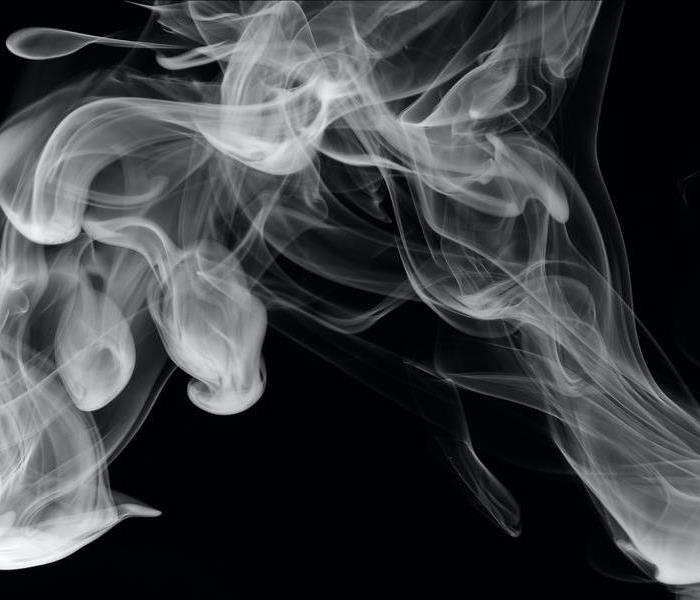Up in Smoke: The Hidden Health Hazards of Inhalation
5/22/2023 (Permalink)
When it comes to fires and smoke, the visible damage is often just the tip of the iceberg. In addition to the immediate dangers of flames and heat, the aftermath of a fire can pose significant health risks. One of the most insidious threats is the inhalation of smoke and soot particles. Let's explore the hidden dangers of inhaling smoke or soot and the potential health consequences associated with it.
The Composition of Smoke and Soot: Smoke is a complex mixture of gases and fine particles that result from the incomplete combustion of organic materials. Soot, on the other hand, refers to the black residue composed of carbon-based particles released during the burning process. These particles can be extremely small, making them easily inhaled deep into the respiratory system.
Respiratory Issues: Inhaling smoke or soot can have severe implications for your respiratory health. The toxic chemicals and irritants present in smoke can cause immediate symptoms such as coughing, wheezing, shortness of breath, and chest tightness. Prolonged exposure to these pollutants can lead to more serious conditions like bronchitis, asthma, and even chronic obstructive pulmonary disease (COPD).
Cardiovascular Effects: Research suggests that exposure to smoke and soot can also affect the cardiovascular system. The fine particles can enter the bloodstream, triggering inflammation and oxidative stress, which can increase the risk of heart attacks, strokes, and other cardiovascular problems. Individuals with pre-existing heart or lung conditions are particularly vulnerable.
Chemical Exposure: Smoke contains a range of hazardous substances, including carbon monoxide, volatile organic compounds (VOCs), and carcinogenic compounds. Inhaling these toxic chemicals can have long-term consequences, potentially leading to respiratory and systemic diseases, as well as an increased risk of cancer.
Psychological Impact: It is important not to overlook the psychological toll of experiencing a fire and inhaling smoke or soot. The trauma associated with such an event can cause anxiety, post-traumatic stress disorder (PTSD), and depression. Seeking emotional support and professional help is crucial for overall well-being.
The aftermath of a fire extends beyond the visible damage, and the health risks associated with inhaling smoke or soot should not be underestimated. Whether you have experienced a fire or are exposed to smoke from other sources, taking precautions to minimize exposure is essential. If you have been affected, seek medical attention promptly and engage professionals who specialize in fire damage restoration to ensure thorough cleanup and removal of harmful particles. Prioritizing your health and safety is key when it comes to recovering from the impact of fire and smoke incidents.

 24/7 Emergency Service
24/7 Emergency Service
